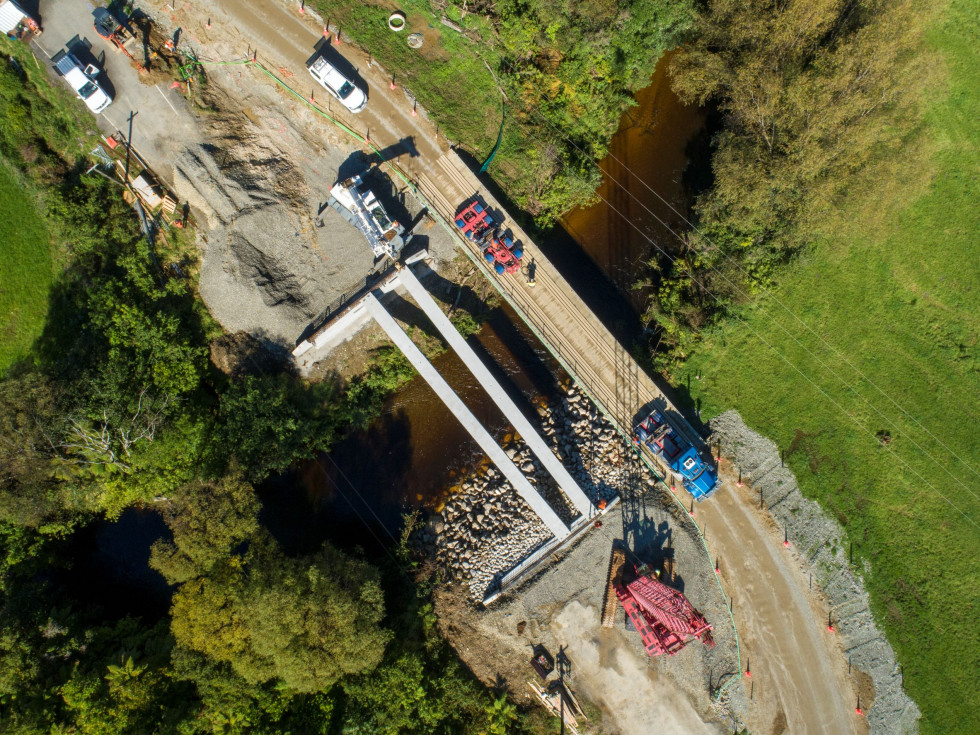COVID-19 recovery funding
Find out about how Kānoa – Regional Economic Development & Investment Unit (Kānoa) is delivering government support to workers and businesses to help them recover from the impact of COVID-19.
COVID-19 Response and Recovery Fund – Infrastructure Reference Group (IRG)
In April 2020, the government asked industry leaders, local government and businesses to identify projects which could be financially supported as part of the plan to help New Zealand recover economically from the COVID-19 pandemic.
This became known as the Infrastructure Industry Reference Group and it provided Cabinet Ministers with a list of private and public sector projects which could start quickly or be able to do so within six months.
Kānoa provided advice on the viability of investing in these projects.
In May 2020, $3 billion of infrastructure funding was announced as part of a $50 billion COVID-19 Response and Recovery Fund.
This injected fresh capital, confidence and jobs into New Zealand’s economy, helping it recover as quickly and efficiently as possible.
On 1 July 2020, the Regional Economic Development Minister announced how the $3 billion infrastructure funding would be spent, including investing investment in climate resilience, flood protection, transformative energy, large-scale construction and digital connectivity.
More than 150 of these projects were transferred to Kānoa to administer.
Read more about this announcement:
Infrastructure investment to create jobs, kick-start COVID rebuild — Beehive.govt.nz
For a complete list of all announced IRG projects, including those not administered by Kānoa:
Infrastructure Reference Group (IRG) — National Infrastructure
COVID-19 Response – Worker Redeployment Package
In March 2020, the Government announced $100 million to help redeploy workers affected by the economic impact of COVID-19. This created immediate short-term employment opportunities for displaced workers, while also supporting regional assets.
Redeployed workers were expected to receive local employment for three to six months after funding approval. This ensured that essential infrastructure remained intact and minimised the impact on people, their communities, small businesses and vital economic sectors such as forestry.
$100 million to redeploy workers — Beehive.govt.nz


